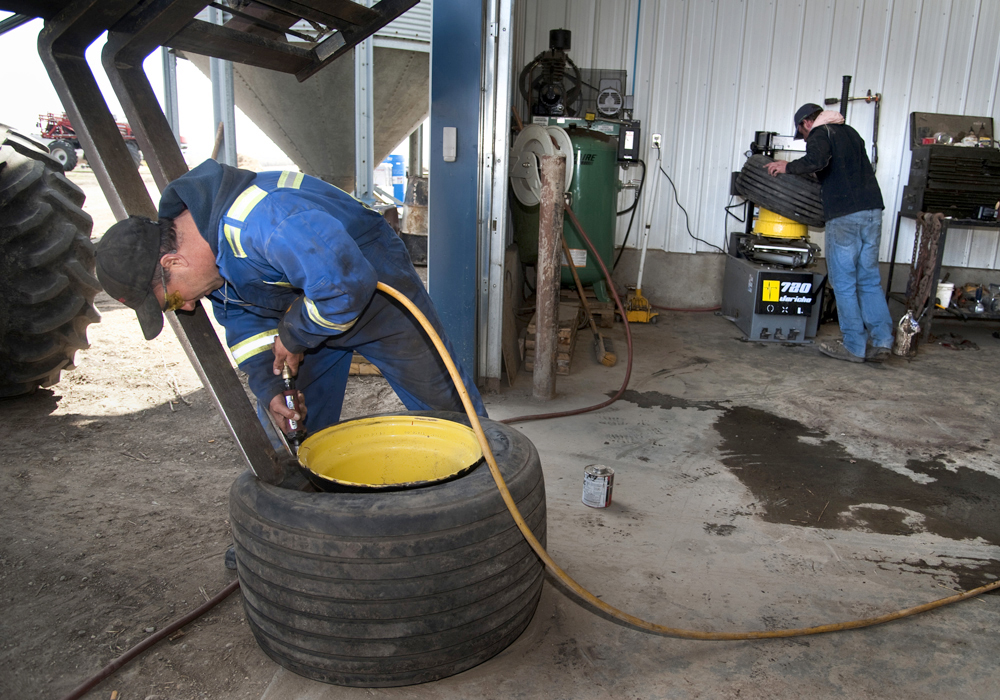I texted a neighbour at the farm asking if he could help me out. We work back and forth a bit on various projects.
“I have a buyer that wants two loads of maple peas next Tuesday, but I’m away next week,” I texted.
“If I get the conveyor all set up, could you load the trucks that will be coming?”
Read Also

Farmer ownership cannot be seen as a guarantee for success
It’s a powerful movement when people band together to form co-ops and credit unions, but member ownership is no guarantee of success.
“Well,” said my neighbour, a young cattle producer, “I would, but I broke my ankle.”
He simply stepped into a hole, but it’s a bad break. He can’t put any weight on that foot and he needs surgery. Looking at the bright side, he says he’s become pretty good at using his right foot on the clutch of the tractor while loading bales.
Can you imagine a unionized worker in the west coast grain industry still working mere days after such a serious injury? They’d be on disability compensation for ages.
Needless to say, I asked a different neighbour to load out the maple pea trucks. Thankfully, he’s fully recovered from multiple bypass heart surgery last year.
The broken ankle is just one incident in a rash of injuries and disabilities among family and friends at the farm this year.
My sister fell on her arm and broke her wrist. The cast is driving her crazy, as is the inability to do all the things she normally would.
A farming nephew is hobbling worse every time I see him as he waits for a hip replacement. It’s painful to see him walk, even though he rarely complains. Another neighbour has had hip issues for years and finally will get a replacement. For him, it’s tough to find a suitable time because he has both grain and cattle.
Yet another neighbour ripped a hamstring in a recreational accident just after harvest. After a number of appointments and diagnostic procedures, it’s been determined that he will need surgery. So much for many of the fall projects the farming family had planned.
Another producer in the area has had cancer treatments, and neighbours are helping him get his work done. These are just the instances I’ve heard about in the immediate area. No doubt there are others I don’t even know about.
Able-bodied people are in short supply even without taking injuries and medical issues into account. How many farmers do you know who are 70, 75 or even 80? They still contribute, but what they can do typically diminishes as the years pile up.
With advanced age, physical strength and endurance fades along with eyesight and hearing. Medical limitations are more likely. As well, an older generation may be uninterested in learning the newest machinery technology.
Farm employees are often tough to find, and like the aging farm population, many employees are also of advanced age. And like everyone else, they’re susceptible to accidents and illness.
Farm management gurus tell us that owners should be managing, while letting others perform the day-to-day farming functions. Maybe that works on some of the largest farms, but on the vast majority of enterprises I see, the owners are also the main workers. They are hands-on managers, working side by side with other family members and any employees.
So, as the saying goes, take care out there. Manpower shortages are becoming more common and more problematic. Many farms have adequate or more than adequate equipment capacity, but not enough able bodies to keep everything running.
Kevin Hursh is an agricultural journalist, consultant and farmer. He can be reached by e-mail at kevin@hursh.ca.
















